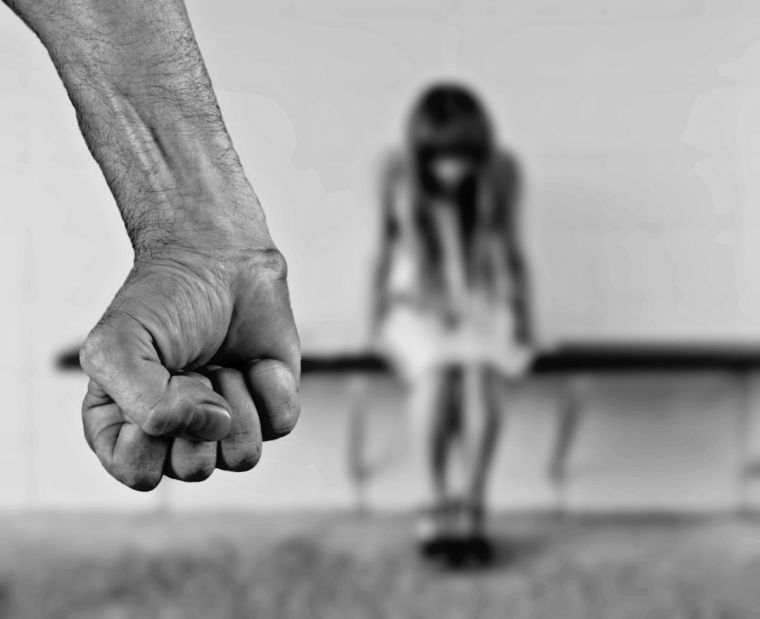'My husband openly had an affair for 12 years.' How should churches respond to domestic abuse?
Parishes are being urged to step up their fight against domestic violence in a new Church of England policy document launched on Wednesday.
Clergy are warned they may face disciplinary action if they don't abide by the new guidance that aims to make churches safer for abuse victims.

Responding Well to Domestic Abuse updates the CoE's previous policy in 2006 to include a broader understanding including the effects of 'controlling or coercive' behaviour in a relationship.
'The behaviour, when viewed in isolation, may appear innocuous, but the cumulative effect on a victim may be significant, causing damage and distress,' the CofE's policy said.
One unnamed survivor of abuse told the Church: 'The abuse went on for six years before I realised that what I was experiencing wasn't just a bad marriage. Everyone says marriage is difficult so at first I thought it was that – our adjustment to married life.
'There was pressure to make marriage work and to sacrifice yourself. After all the church says 'till death us do part'. I bent over backwards to make it work.'
Another survivor, Jane, is now working in church support for domestic abuse after leaving an abusive relationship.
'I was emotionally abused by my ex-husband in a marriage lasting 13 year,' she said.
'Although he felt threatening, he did not actually hit me, so it never occurred to me I was being abused.
'He would tell me that if I tried to leave him he would call social services and tell them I was an unfit mother and have the children taken away.'
She added: 'At the time, I would not have acknowledged that I was being abused. I thought I had made a mistake but had to stick with it.
'After 12 years, he was openly having an affair and at this point I turned to the chaplain at work to ask for help in staying in this difficult marriage. After he had heard my story he suggested the marriage was dead and therefore gave me permission to consider divorce. It took a lot of soul searching before I finally took that step, his affair having given me grounds and nullified the impact of his threat to call social services.'
Jane urged the Church to be 'vocal in its condemnation of all forms of abuse' and said: 'It should promote loving, caring supportive relationships after the example of Jesus.
'Churches should be places where victims/survivors can tell their story in confidence and be heard and believed – not judged - and supported as they make decisions for the next steps of their life.'
Under the policy all church leaders and those working with children and vulnerable adults will have to undergo specialist training on how to handle allegations of domestic abuse.
The latest advice comes after the Church's synod passed a motion in 2006 saying it viewed 'with extreme alarm the number of incidents being regularly reported, as being an unacceptable picture of suffering and abuse'.
The first policy document on domestic abuse followed and the document published on Wednesday updates the guidance in light of changes to the law.
The Bishop of Bath and Wells, Peter Hancock, lead bishop on safeguarding, said: 'The Church remains committed to those who have been survivors/victims and to addressing processes that lead to domestic abuse. In all its forms domestic abuse is contrary to the will of God and an affront to human dignity. All need to play their part in preventing or halting it.'











